There are common situations in entertainment translation that turn ordinary text into redundant messes. This is especially true when the original text includes a foreign word as a key part of a sentence, usually followed by an explanation of that word means in the original language.
In my experience, this redundancy is a small challenge in translation that isn’t widely known or even taught much in school, so I thought I’d share some brief insight into the topic.
Explanatory Redundancy
A good example of explanatory redundancy appears in the English translation of Kingdom Hearts. In the original Japanese script, two characters talk about the term ハートレス (hātoresu), which refers to a certain type of being:
Sora: Hātoresu?
Leon: “Those without hearts”.
The Japanese word hātoresu is actually just the English word “heartless” as pronounced in Japanese. And since this is a Japanese game written for Japanese audiences, it makes sense that Leon would explain what the mysterious foreign word means in Japanese.
But when this scene was given a straightforward English translation, it turned into this:
Sora: The Heartless?
Leon: Those without hearts.
Basically, in the English translation of Kingdom Hearts, Sora is already speaking fluent English and the target audience already knows English too. Two languages were used in the original script, but the translation only uses one language. As a result, explaining what “heartless” means in English here comes across as redundant and somewhat silly.
Multiple Solutions
Whenever you encounter one of these explanatory redundancies as a translator, there are at least three ways to approach the issue:
- Keep the translation straightforward and unchanged from the original text. There are times when this is a valid option – if the word in question is obscure even for native speakers, for example.
- Change the word in question, either to a foreign word in a different language or to an obscure word in the current language.
- Rephrase the translation to work around or drop the redundancy entirely.
Idiomatic Redundancy
Sometimes redundant translations happen for slightly different reasons than what I’ve listed above. One example is the famous “people die when they’re killed” phrase:
Of course, this redundancy happens for a different reason, but it still requires the translator to choose from some of the solutions above.
Analogous Redundancy
Another type of translation redundancy appears in Metal Gear Solid, which has received two separate English translations: one for the original PlayStation and one for the GameCube remake.
Near the end of the game, Snake and Otacon quibble over the Japanese words 弱点 (jakuten) and 弱み (yowami). They have nuance differences, but both can be translated as “weakness” depending on the context. Situations like this are a perfect recipe for redundant translations, so how did both translators handle it?
First, the PlayStation translator, Jeremy Blaustein, chose Approach #3 from the list above and rephrased things slightly to fit the nuances involved. The resulting translation uses the word “weak point” and “character flaw”:
Next, the GameCube translator chose something closer to Approach #1 and stayed close to the original words with “weak point” and “weakness”:
I feel this choice resulted in an ironically weaker, clumsier translation, but I think most players could still get what the translator was going for.
Different Views of Redundancy
It’s important to note that even when a translation sounds redundant, it’s not always a translation problem. Redundancy isn’t necessarily a set-in-stone thing – different cultures and even different individuals have different notions of what sounds redundant and what doesn’t. So it’s entirely possible for one piece of text to sound redundant for the translation audience while sounding perfectly normal for the original audience.
Redundancy Everywhere
Redundancy issues happen a lot in entertainment translation. Below are other examples that followers shared with me on Twitter, mostly from Japanese-to-English translations. Some of these are due to issues we’ve looked at above, while others are unique cases. The end results, though, are translations that sound unintentionally redundant in translation.
And here’s a more recent and notorious one from Ys VIII: Lacrimosa of DANA:
There are surely many more examples out there of redundancy in action, so if you know of any other examples of redundant translations along these lines, let me know in the comments or on Twitter.
I’ll update this article from time to time with new examples, and I’ll even try to keep track of examples I encounter during my own work too. Let the redundancy flow!
If you want to see more insight and thoughts on redundant translations from other translators and fans, check out the full discussion thread here!


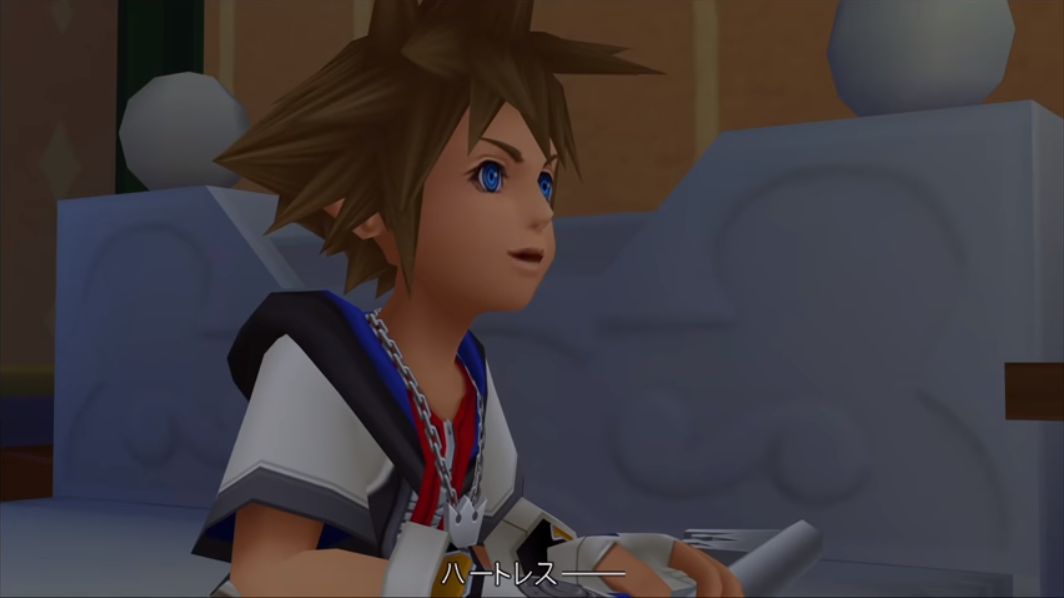
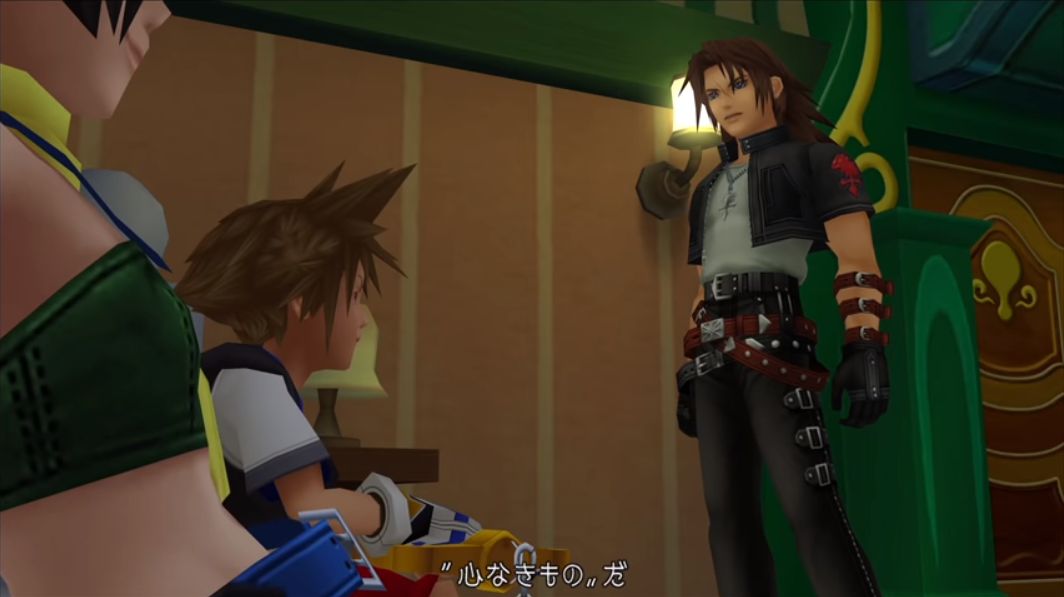
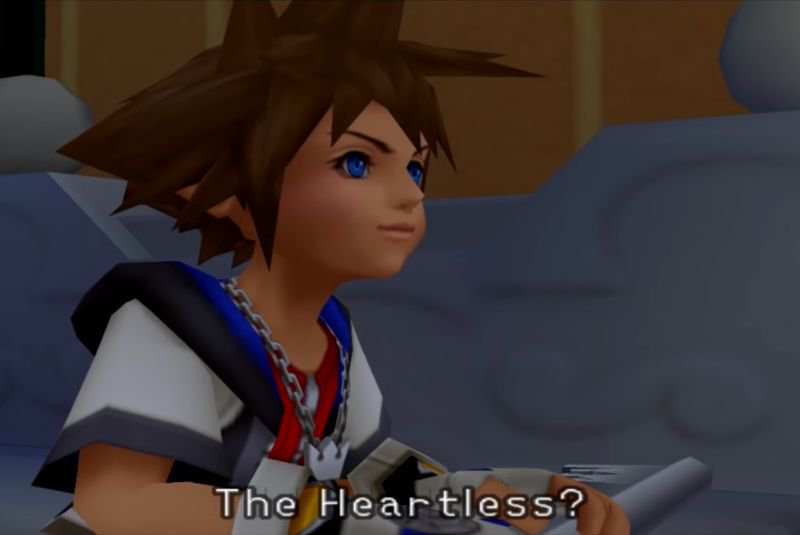
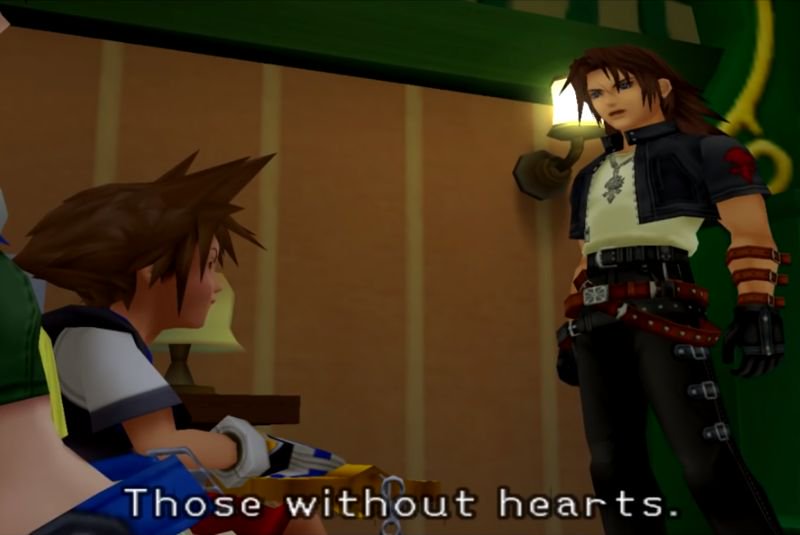
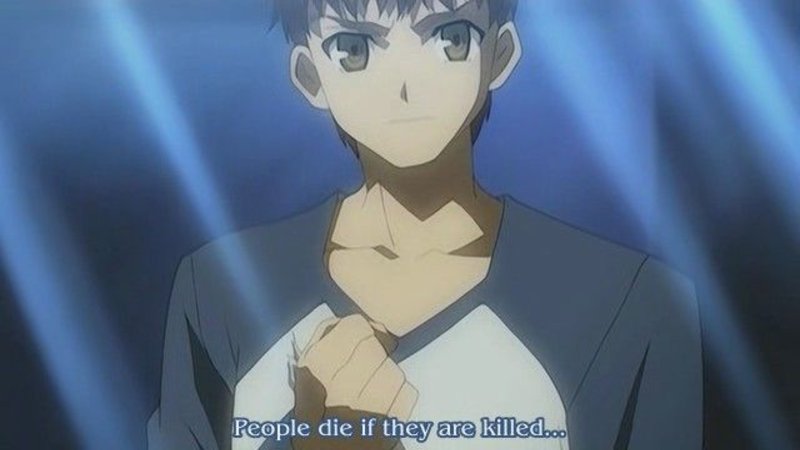
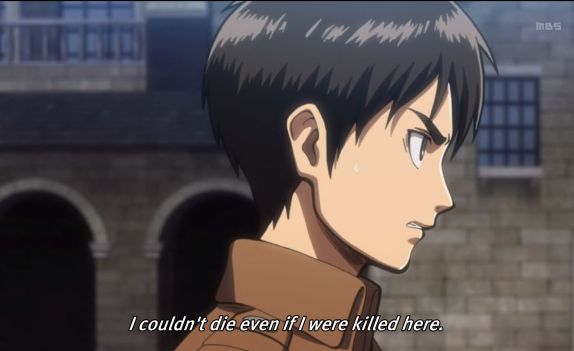
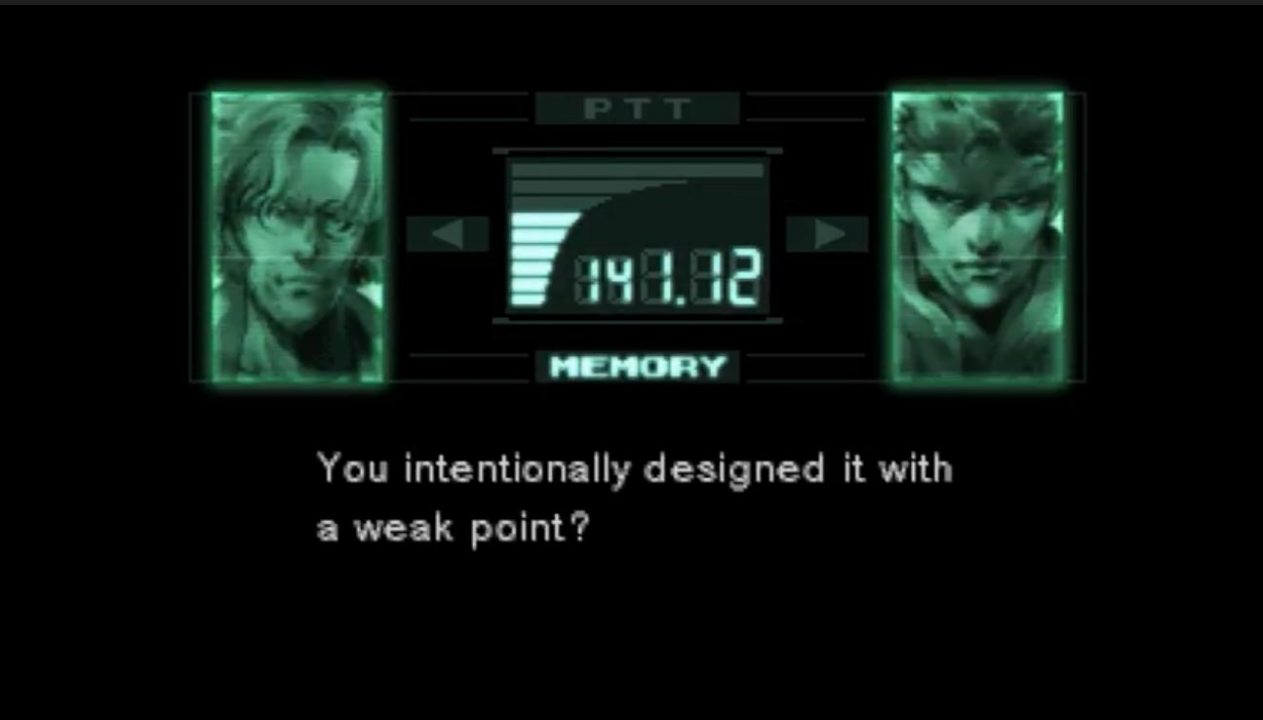
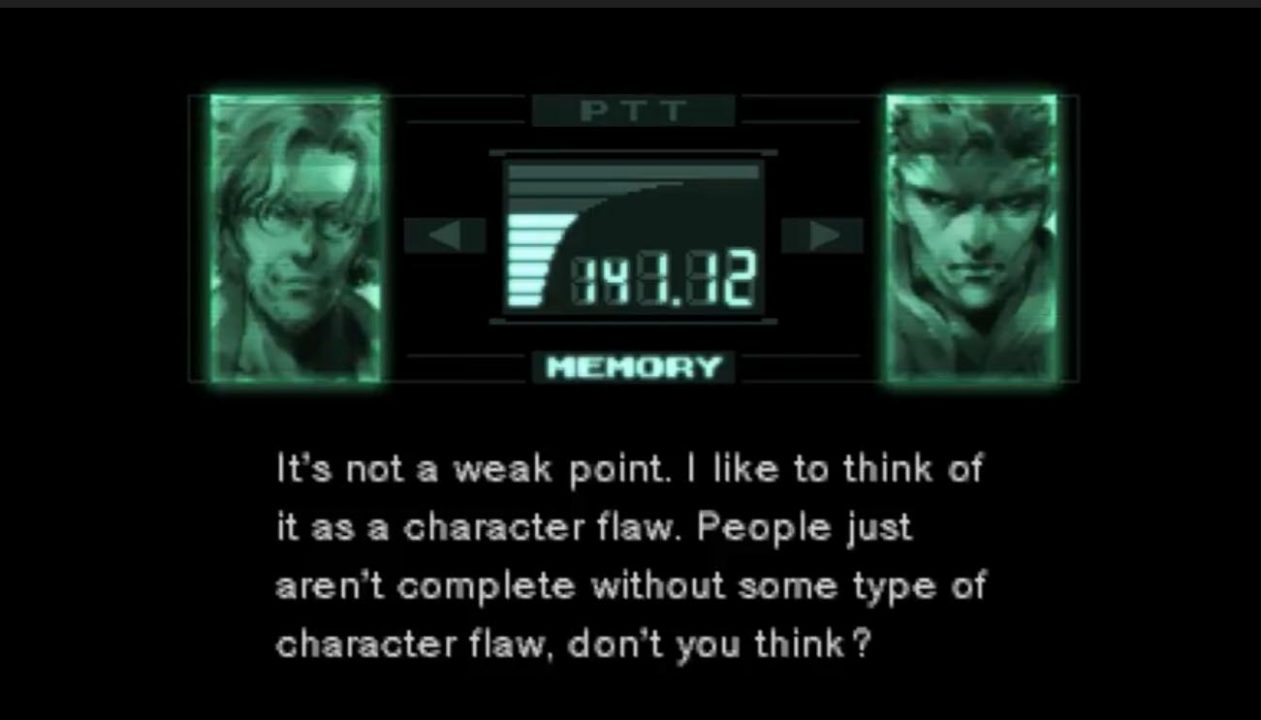
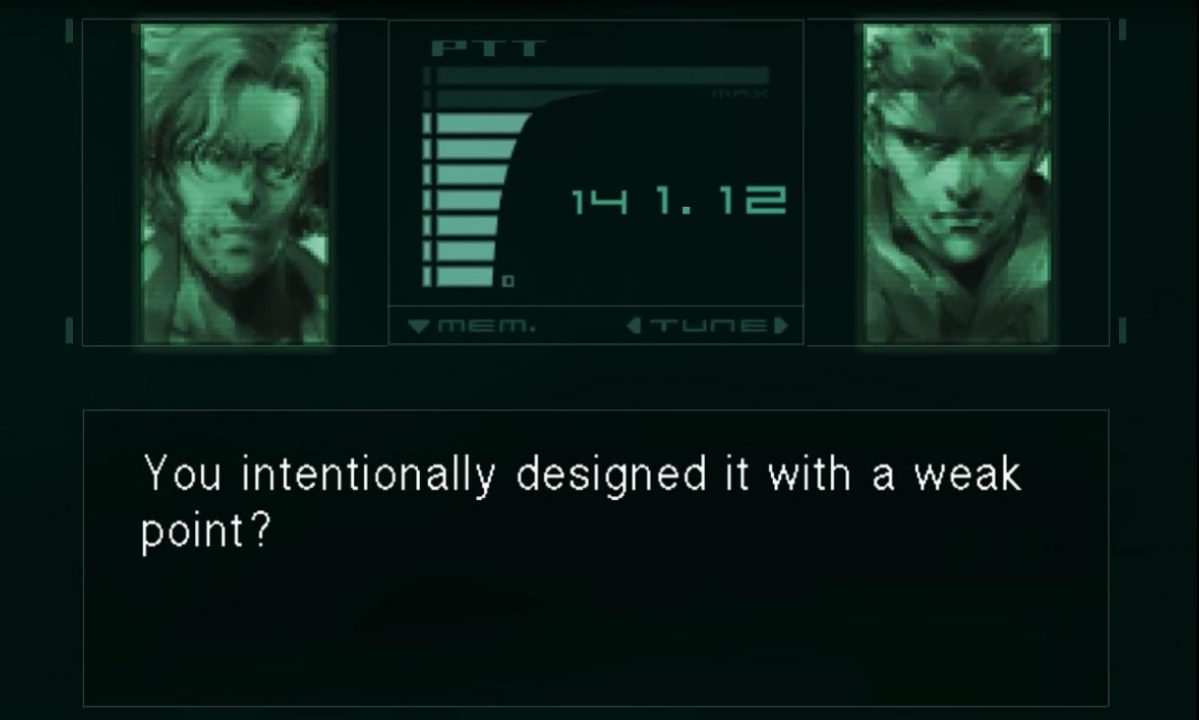
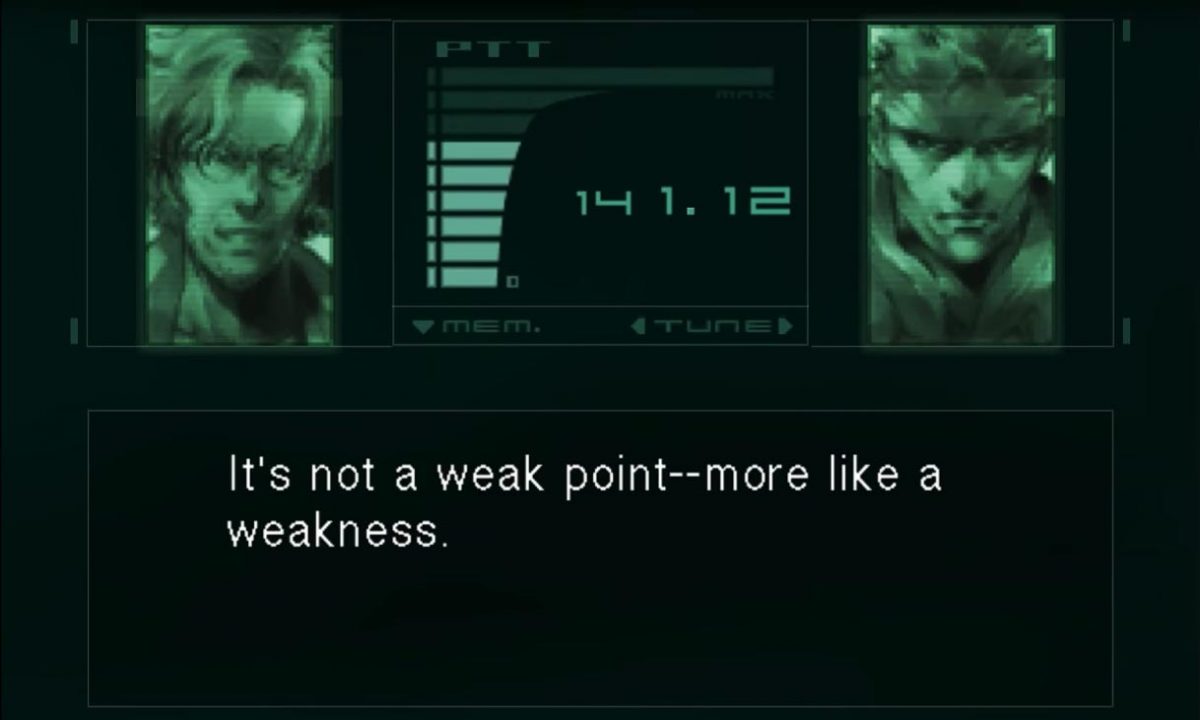
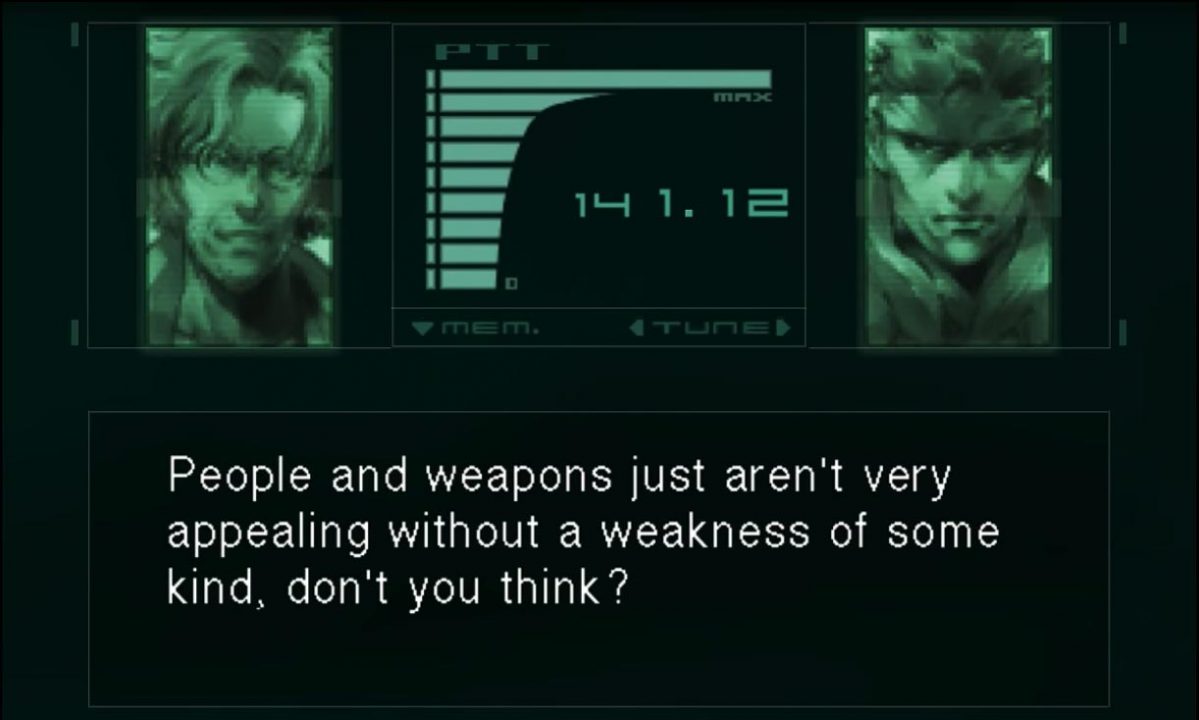
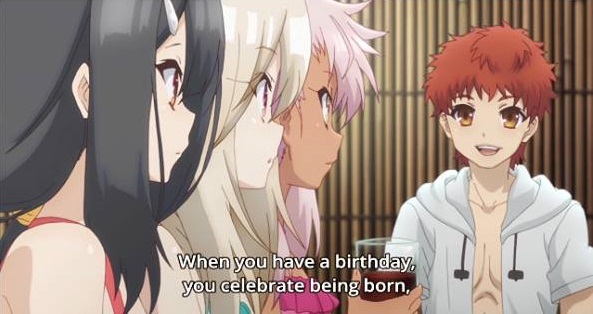
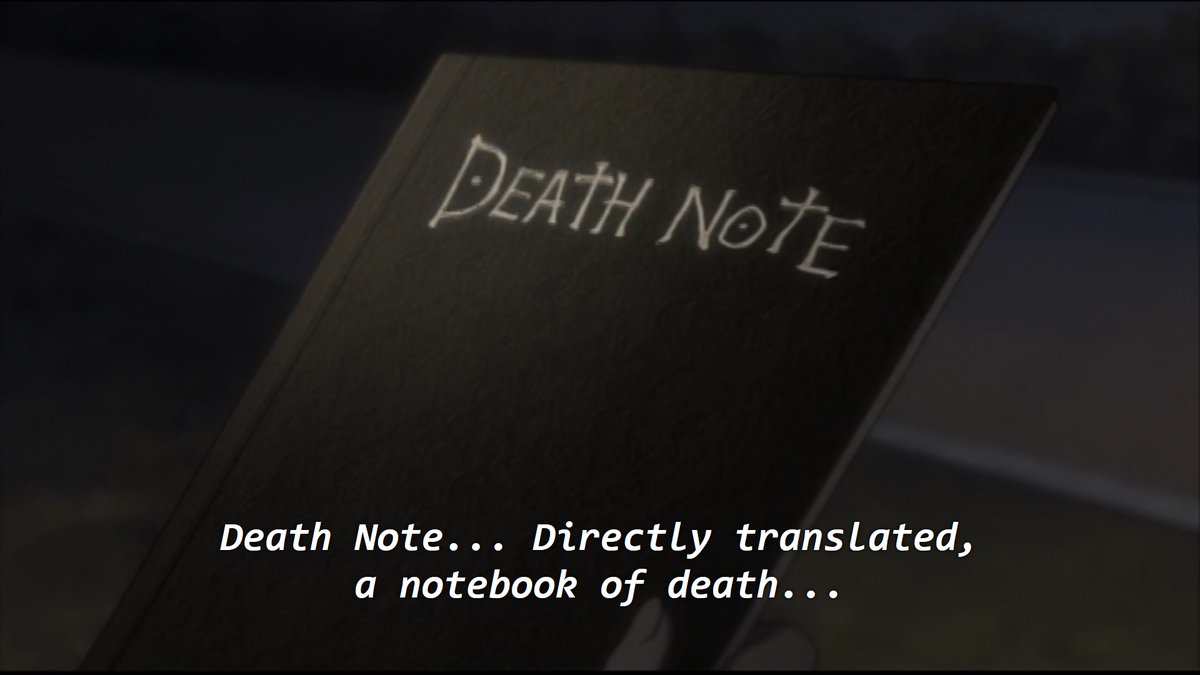
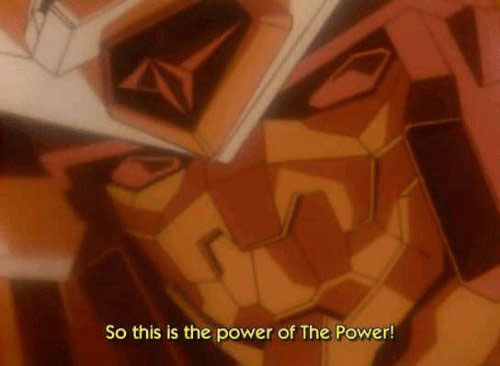
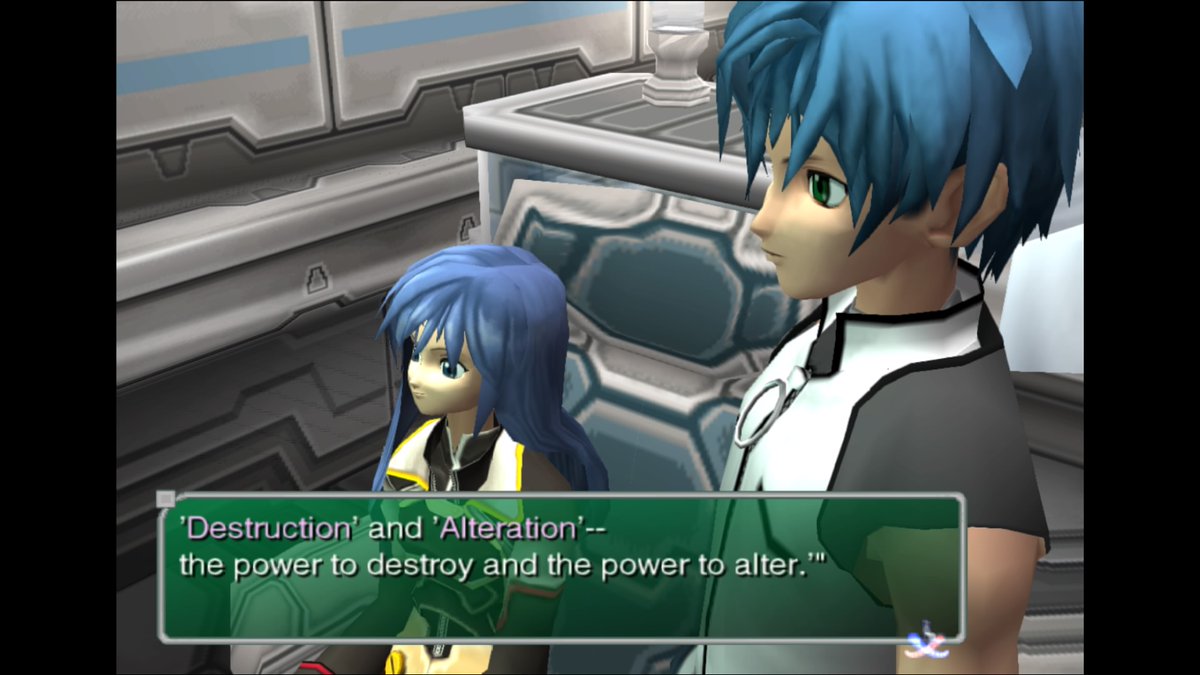
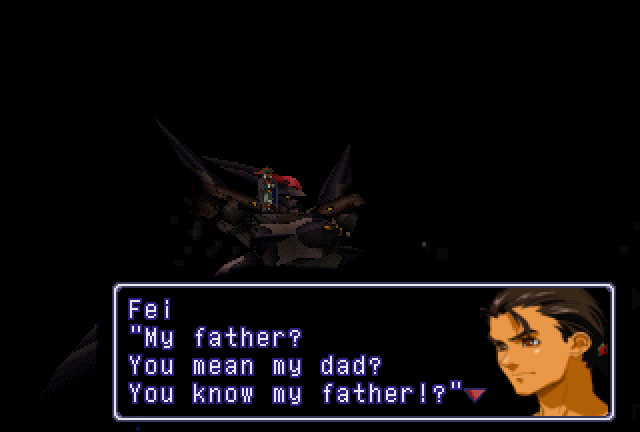
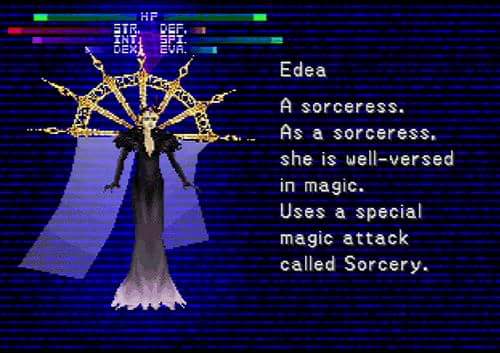
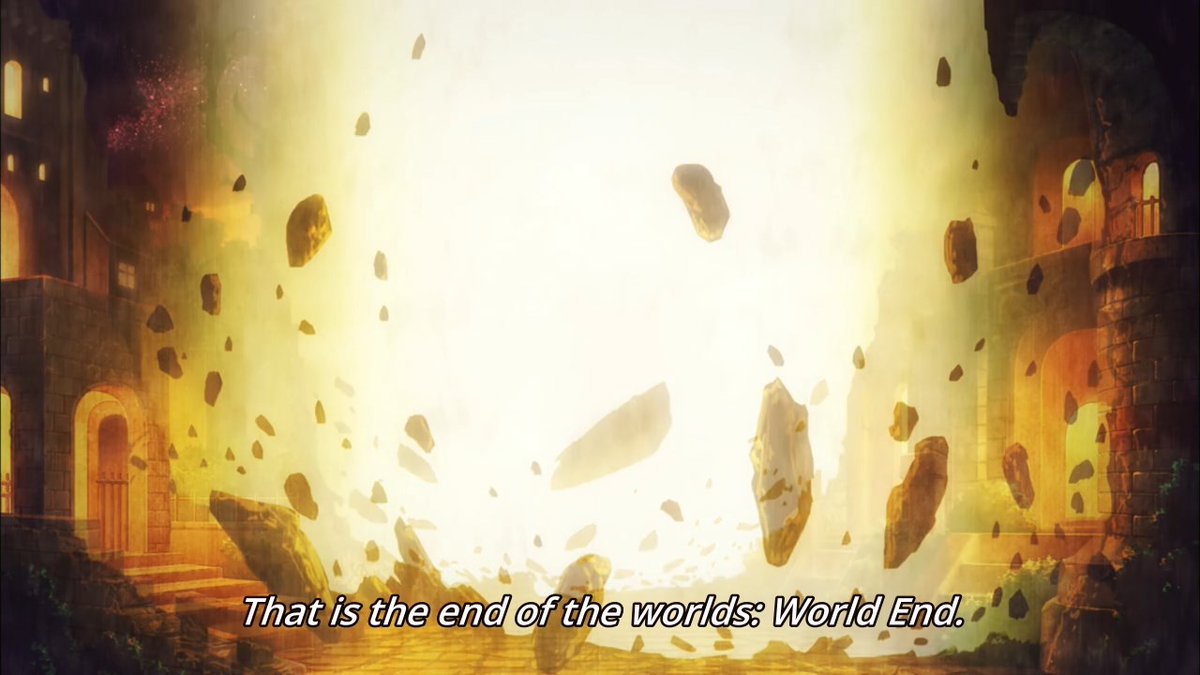
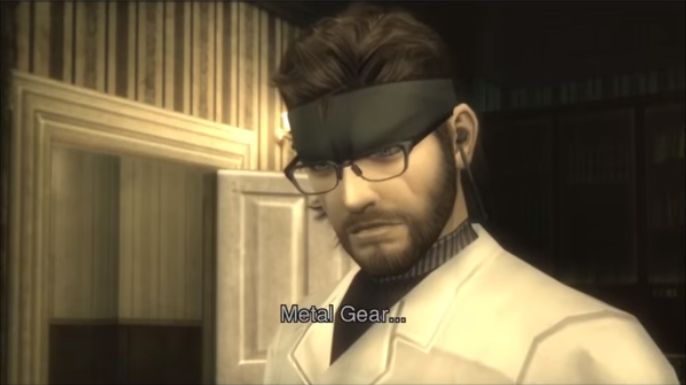
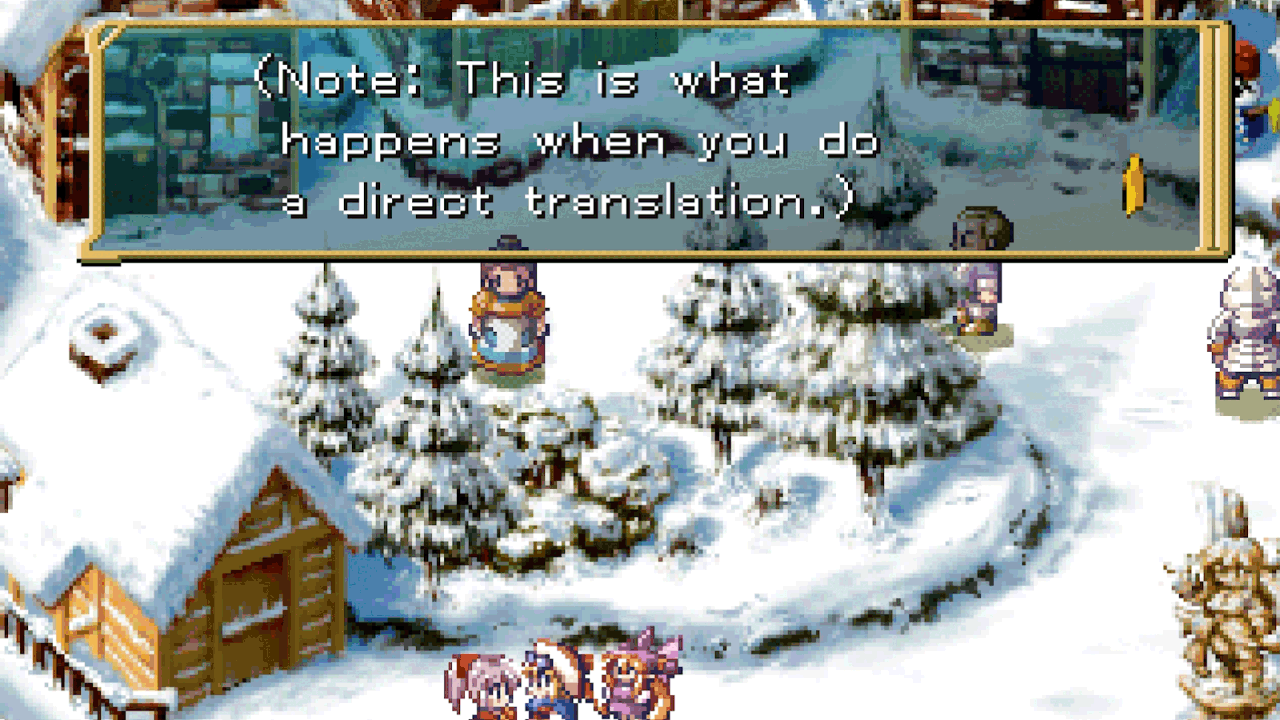
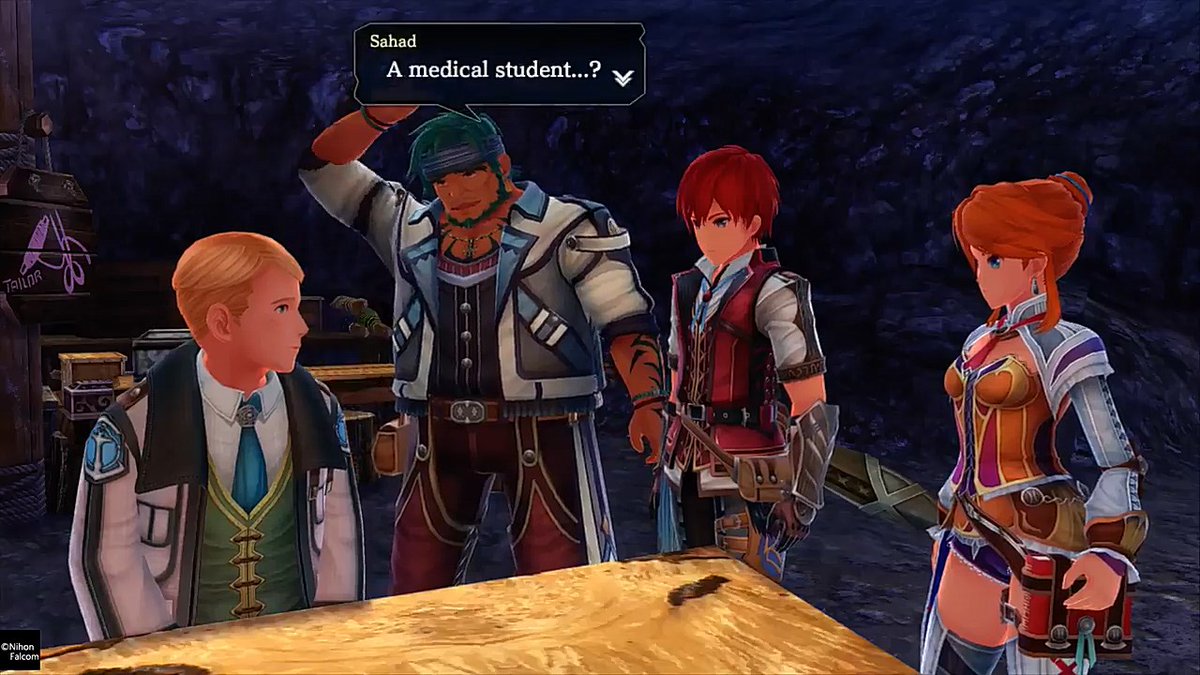
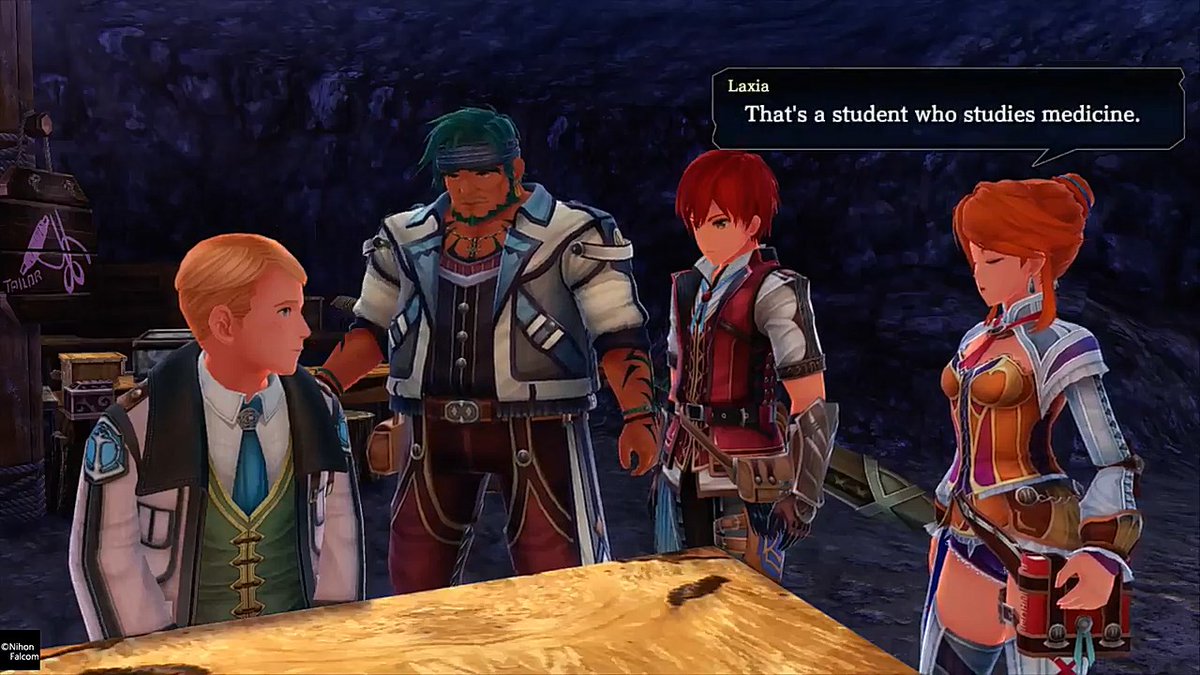
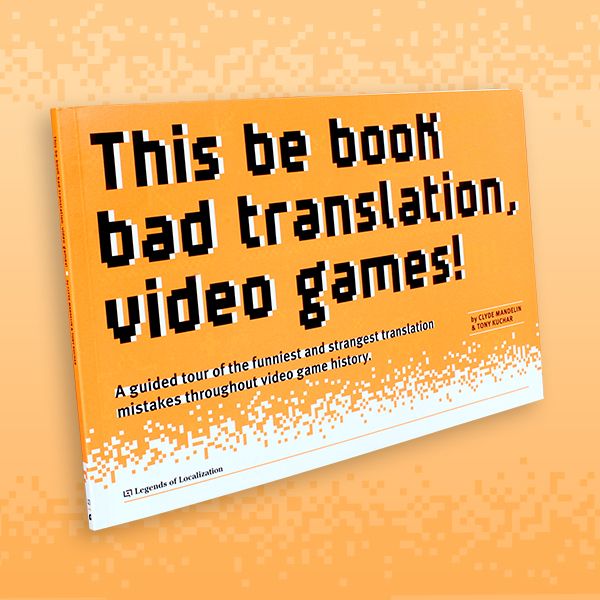
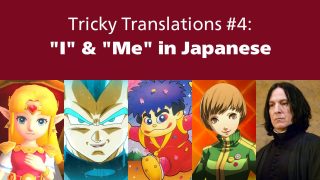

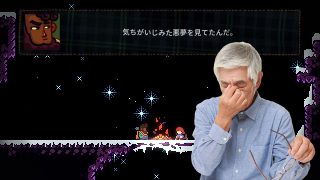
In the manga and anime Loveless, characters have “true names” that are English words. The translations get a liiiittle awkward when it tries to handle stuff like “Beloved means one who is loved” and “Loveless means one without love”.
That “Just because you’re correct doesn’t mean you’re right” line was originally お前の正しさはただ正しいだけのものだ. That translation is already a heavy rewrite, and while you can sort of see what they were going for, the fact that it sounds awkward as hell has absolutely nothing to do with the issue the article is about.
Thanks for the info, that helps a lot.
I’d really like to know the original Japanese in the conversations between Bartz and Ghido in FFV. To me it feels like it might be a case of redundancy where the translator took option 3 to have fun with it (at Bartz’s expense). If only I felt familiar enough with the game to feel I could play through it in Japanese for you 🙁
Japanese text dumps are much rarer than their English counterparts, but FF5 is big enough to have a few floating around. Try searching ファイナルファンタジー5 セリフ.
I don’t speak Japanese and am not familiar with the Fate series, but if I saw “Just because you’re correct doesn’t mean you’re right” in the wild and in isolation, I’d probably take it as… like, the most unambiguous phrasing I can come up with is “Just because that’s factually true doesn’t mean that’s how it should be” or “You are committing a naturalistic fallacy.”
That was my thought too. Or “just because because you’re factually correct doesn’t mean you’re morally right.”
That’s exactly how I took it as well, and as a non-native speaker it doesn’t even sound that clunky to me.
It sounds like something a plucky shounen protagonist would say.
Not the most elegant, but straight to the point.
Yeah, it would sound maybe best if written “That may be true, but that doesn’t make it right”.
When someone says “正しいだけ (it’s only correct)”, it usually means the statement in question is correct in theory, but it’s only a textbook theory (Fate is a junior nobel for teenagers who tend to despise textbooks). So my suggestion is:
“You may be right, but it only works in a perfect world!”
OR
“Maybe right in theory, but it’s not the answer for us!”
My English may not be correct though…
You previously covered an example of this in Metal Gear Solid 3 in “How the “Metal Gear” Name Is Explained in Japanese”.
This made me remember the Knife Edge Deathmatch scene from Yu Yu Hakusho.
https://www.youtube.com/watch?v=3lE92SUosJg
That scene is also a very popular meme in its Latin American Spanish version. The term was translated as “duel to the death with knives”, and the last line reads “I’ve never seen nor heard anything like that. I think they’re going to fight with knives”.
There’s also a fourth solution: to hang a lampshade on it, as in the example you’ve covered here: .
Erm… here: https://legendsoflocalization.com/is-this-snowy-translation-really-literal/
Haha, good call! I hadn’t considered it because I see it more as a desperate cry for help, but yeah, it’s definitely a solution.
“Just because you’re correct doesn’t mean you’re right” could be taken to mean “just because you’re correct doesn’t mean you’re MORALLY right”, but your description of the Japanese line makes that interpretation seem unlikely.
Yeah, I think that’s how the translator (mis)interpreted from the Japanese too, which is why it wound up the way it did.
@”Just because you’re correct…”: There HAVE been times where people criticise a translation because of a stupid line, only for it to turn out the line was just as stupid in the original version.
Oh, absolutely. I’d love to cover that topic too, but I’m having trouble recalling any specific examples at the moment. The only tangentially related thing that comes to mind at the moment is the dub for Star Ocean 4, which I felt was pretty similar to the original voice acting.
Wouldn’t the graveyard duck qualify? Most people assume it’s a mistranslation, when we now know it’s just the developers screwing with the player.
I think that one’s mostly derived from the myth that “Castlevania 2 was so badly translated they put a line in the manual about how some townspeople lie to cover it up”. Doesn’t really help that the game IS full of horrendous English and several actual mistranslations, so if you don’t know Japanese, it’s a bit hard to tell exactly what’s meant to be misinformation and what’s just mistranslated.
Doesn’t help several are without context. “You should be able to solve this” (a capture from the original Pretty Cure series) is a pretty famous one, but the whole point of the scene is the teacher DID write the question down wrong and make it unsolvable by accident.
Kinda like the “is this a pigeon?” meme, where the person saying it is an alien unfamiliar with Earth.
I’m glad the Kingdom Hearts line struck such an interesting article! Glad you enjoyed it!
Going off memory here, but there was an episode of Full Metal Alchemist Brotherhood that had a situation similar to the Kingdom Hearts example above. In the series there are 7 Homunculi, each of which are named after the 7 Deadly Sins, and in Japanese their names are rendered in English with a Japanese pronunciation (examples: Gluttony becomes “Guratonii,” Wrath becomes “Raasu,” etc.).
Anywho, the example pertains to the episode in which Hoenheim first encounters Pride. After Pride introduces himself, Hoenheim’s following dialogue essentially provides a translation of the name in Japanese. In the fansub of this scene, Hoenheim’s dialogue is translated to the effect of “Pride… vainglory, huh?” I personally thought it was an impressive choice, as a direct translation would have likely resulted in a redundant usage of the word “pride” multiple times in English. Instead, the fan translation chose to utilize a synonym so that the dialogue read more smoothly.
Thankfully that Ys8 line was changed when the overhauled translation was introduced. I can’t remember what they changed it to, but it was something that’s not obvious if you don’t know doctor lingo, like “In residency” or something like that…so, when Sahad asks what that means, Laxia explains that it’s a title for a doctor in training/medical student or whatever they called it. Sorry, I wish I could remember…
If I remember correctly, the “People die if they are killed” line from Fate/Stay Night is actually a fine translation. It’s supposed to sound dumb and obvious, and the point is that the fundamental truth of how permanent and irreversible the consequences of the Holy Grail War are has truly been driven home in him, where it didn’t really feel real to him before. It sounds dumb and redundant out of context, but in context it makes sense.
I mean, Shirou’s just an obvious kind of guy. He’s great at cooking and swords though.
IIRC the “birthday is the day you’re born” line is not a mistake but a joke too.
The full context for “People die if they are killed,” aside from the fact that it’s a stock phrase in Japanese is:
Saber: “My magical energy will certainly increase if I have my sheath back. But I still cannot guarantee that I will be able to beat Gilgamesh. And—if you take out the sheath, what will you do? If you take the sheath out, you—”
Shirou: *thinking* “I won’t heal even if I get hurt. But that’s normal. I’ve relied too much on this body of mine without even knowing it. People die when they’re killed. I can’t be protected from such a normal thing now.”
Even though it make sense in context, the Mirror Moon translation is pretty clunky and probably should have translated that differently. And watching the Mato’s LP of FFVI makes that a lot more obvious to me.
So basically, he’s realizing that if you die in the Holy Grail War, you die in real life.
Star Ocean (PS1) had such a moment
https://imgur.com/BgsMk8q
Star Ocean: Second Story is chock-full of awkward, overly-literal translations. As are the other games SCEA translated themselves. (My favorite example probably being Legend of Dragoon’s “That was frightening! I was frightened!”)
SCEA’s localization team at the time was just dreadful, really.
That seems more like a case of stating what it is rather than redundancy. A globe isn’t necessarily stone, and it’s big in size. It’s more akin to a large stone than an actual globe. Globe is just a fanciful way of referring to it due to its shape and rotating structure.
“Just because you’re correct doesn’t mean you’re right,” is at 21:35 of episode 20 of Fate/stay night: Unlimited Blade Works (2010) (http://www.crunchyroll.com/fatestay-night/episode-20-unlimited-blade-works-664487), which might clarify the context there. More spoiler-y context for that scene is in the website link.
That link didn’t work, so I’ll go with the old fashioned ROT13:
Gur juvgr-unverq thl vf gur erqurnq sebz gur shgher, gelvat gb pbaivapr uvf cnfg frys gung orpbzvat na nyyl bs whfgvpr vf n cngu jvgu ab erjneq.
Here’s an example from Illusion of Gaia:
https://kahran042.tumblr.com/image/172582495776
When I try to visit the link it gives me an error 🙁
Rehosted: https://i.imgur.com/QuhVJfH.png
Illusion of Gaia is horrendously badly translated in the first place, with a lot of the more complex stuff towards the end getting turned into incomprehensible nonsense in the translation.
Also Riverson.
Yeah, I have always IoG to get a more professional translation done so that they story didn’t read like utter crap after a while, but they never went back this classic lost title.
*always wanted
*the story
*went back to
Gosh, this site needs an edit option. XD
The Japanese text here is:
ダークフライヤーは
ヤミの戦士フリーダンだけが 使える
ヤミのちから。
So there are a few things going on here. One is that Will and his transformations being associated with darkness is a thing in the game, and so darkness inevitably comes up a lot when talking about powers. Dark Power, Dark Knight, and Dark Friar are all terms that are repeated. The other thing is the mixed language bit: you’ve got the katakana English “daaku furaiyaa” along with “yami no senshi” and “yami no chikara”.
Looking back, I feel I did a poor job with the second Fate example, which greatly distracted from the main point of the article. With that in mind, I’ve taken the example out but have left a note in its place with a link to the original example for anyone who’s curious. Now that I think about it, it also seems to be one of those famous lines that probably deserves a dedicated analysis anyway. Plus I wonder what Japanese fans think of it too.
The reason there’s so many Fate examples is because the first one became such a meme that fan translations deliberately translate lines poorly so people will be like “Wow! There it is again!” Like the one about archers isn’t even an overly literal translation; it’s the translators deliberately phrasing it to make it redundant, because they think it’s funny.
Also, here’s another one: http://i55.photobucket.com/albums/g156/silvercrescent17/shapedlikeitself.jpg
In this case, it’s just that the Japanese words for “school” and “festival” aren’t in the Japanese word for “school festival”.
Don’t pin this one solely on the fans, please. Both the “Archer class made up of archers” and the “Just because you’re correct doesn’t mean you’re right” lines are from the official Aniplex subs for Unlimited Blade Works. I was the editor for the UTW fansub of that show and we had something like “So you really *are* an archer!” and “Being correct isn’t everything” for those lines respectively.
There’s incompetence all over the place when it comes to anime subs, unfortunately.
Ah, I remember one of these from Kamen Rider W! The villains in that all have powers derived from an English word, with a form and abilities related to that word’s meaning. You would think that would make for LOTS of these kinds of redundancies, but I believe there was only one instance of it happening. The heroes cornered the villain with the “Liar” power, and one hero explained to the other how it had the ability to influence people’s minds. The second hero responded by using the Japanese word for liar, “usotsuke”. This being fan subs, a translator’s note was used to clear up the issue, but considering the tone of the scene and the playfulness of the way the line was delivered, it wouldn’t have been a huge issue either way.
ZA POWAA!
I just wanted to note that the Gaogaigar screenshot reminds me how much I love Gaogaigar.
I just remembered another good example. Early in Fist of the North Star, there’s a minor villain group called God’s Army. At one point, the leader gives a line that one dub translates as “God’s Army is the army of God!”
The Xenogears one isn’t really an example of this. The Japanese line is:
“父親?
親父?
お前、親父を知っているのか!?”
Fei is expressing surprise/disbelief that Grahf apparently knew his father, he is not confused as to what 父親 means.
Sounds like this is turning more into a showcase of why it’s bad to criticize translations if you don’t know what the original actually said 😛
I thought Mato understood that. It’s not about the character misunderstanding, but the audience. The awkwardness is in the “My father? My dad?” part being redundant to the audience as those words mean the same thing, so only one really needs to be said. By the sound of it, you’re correct in that it’s not the same kind of “translation issue” he was talking about (reusing English words because they’re English in the Japanese version), but you misidentified his issue with the line.
I’ve played and replayed Xenogears a lot and when I read it, Fei’s response makes sense as non-redundant. Characters often talk about either archetypes (maybe “Father” or “Mother”) or the important figures in metaphorical senses. So when someone says something about a father, it makes a lot of sense for Fei to clarify that it is indeed his actual father rather than some concept or metaphorical understanding or nanite God referred to as father.
In Detective Conan, “DETECTIVE BOYS 少年探偵団” is rendered in the subs as “They say ‘Detective Boys’ since we’re the Junior Detective Club” – but I suppose that’s more like a matter of terminology forced by the studio leading to an awkward translation, as opposed to actual redundant translation.
You should really consider diving into the KH series at some point. Especially since it’s part Disney and thus would likely have some insight on how Disney material is handled over there in general. But yeah, redundancies can sometimes feel really awkward…
One of my favorites is from Ronin Warriors:
“Lady Kayura, she’s a girl!”
One thing to note about “just because you’re correct, doesn’t mean you’re right!” is that it ties *perfectly* into Shirou’s character (he’s the one who says that line).
Shirou has a bit of a saviour complex due to surviving a terrible city-destroying fire 10 years prior. He wants to save people no matter the cost. Even if he has to use magic beyond his level, that literally starts to burn him inside out from his own magic curcuit. He won’t sacrifice innocents in order to save people, but boy *howdy* will he risk himself.
So when someone tells him that he has no choice but to kill someone to save a larger amount of people, trolley problem style, he does tend to respond with something like “even if that’s true, I won’t believe it” and begins looking for a third option.
(Incidentally, “people die when they’re killed” is made much clearer by the immediate next line – “at least, that’s how it should be.” Shirou has, up to that point, inexplicably regenerated from several fatal wounds, but now he’s giving up that power to return it to its proper owner – which turns out to be the key to clearing the game’s first route. He’s explaining that really, he *should* have died when he was killed, and he’s tired of it.)
Sora: The Heartless?
Leon: Yes, that’s what I said.